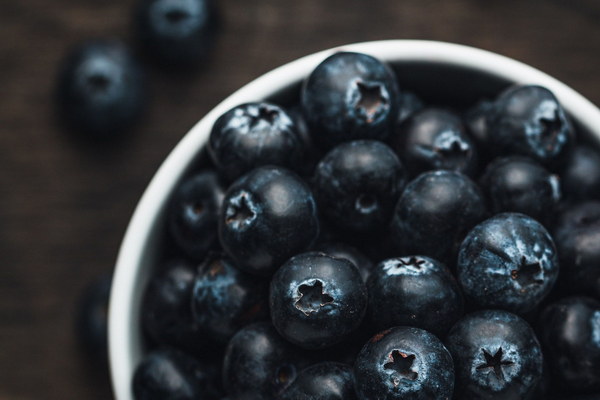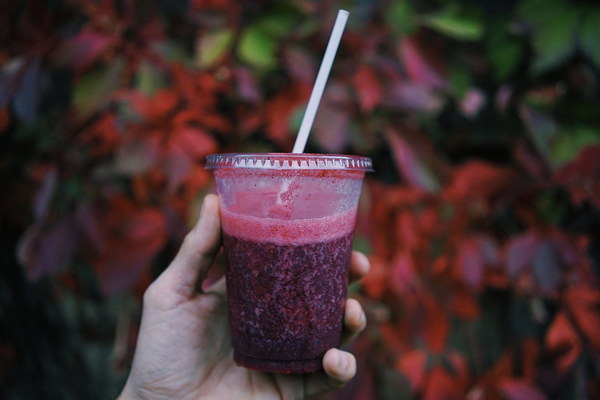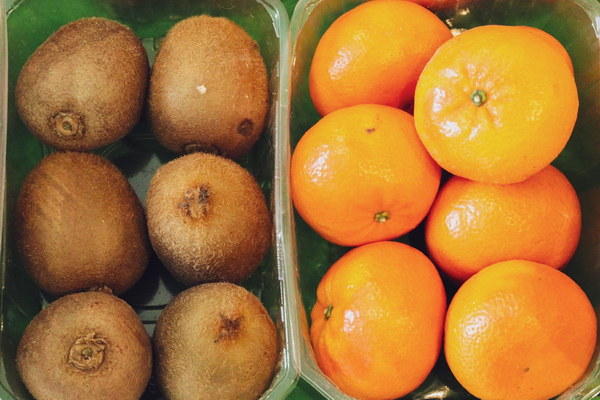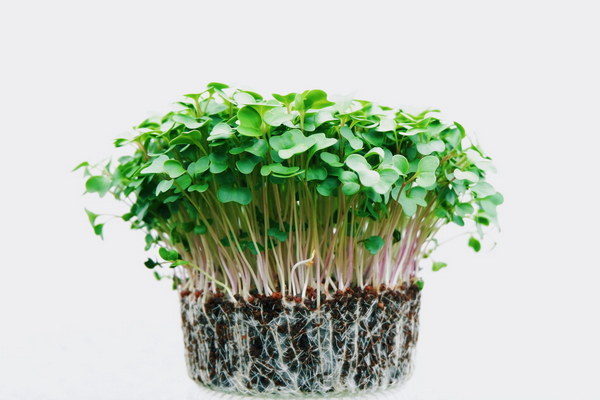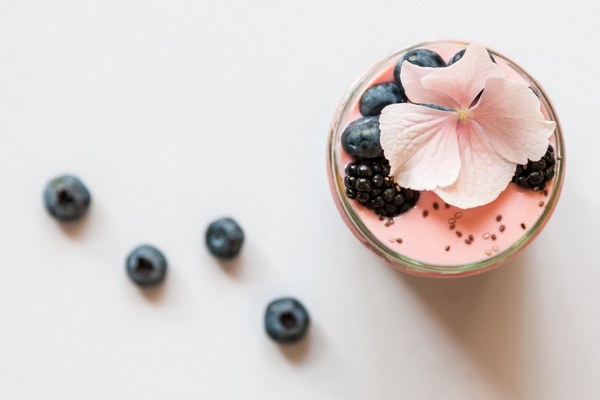Nurturing Liver Health A Holistic Approach to Treating Phlegm-Dampness
In traditional Chinese medicine (TCM), the concept of phlegm-dampness is a common pathological condition that affects the liver. Phlegm-dampness refers to the accumulation of moist, sticky substances in the body that can lead to various health issues, including liver disorders. This article aims to explore the concept of phlegm-dampness in relation to liver health and provide insights on how to nurture and protect the liver through holistic approaches.
Understanding Phlegm-Dampness and Liver Health
In TCM, the liver is considered one of the vital organs responsible for the regulation of emotions, blood, and bile production. When the liver is impaired, it can lead to the generation of phlegm-dampness, which manifests as various symptoms such as fatigue, bloating, and digestive problems.
The liver plays a crucial role in the metabolism of fluids in the body, and an imbalance in fluid regulation can lead to the formation of phlegm-dampness. This condition is often associated with an overabundance of dampness, which can be caused by factors such as diet, lifestyle, and environmental exposure.
Holistic Approaches to Nurturing Liver Health
1. Diet: A balanced diet is essential for maintaining liver health and preventing the formation of phlegm-dampness. Here are some dietary recommendations:
a. Avoid excessive consumption of cold, raw, and damp foods, such as cold drinks, raw fruits, and vegetables, as these can exacerbate dampness in the body.
b. Include warming and drying foods in your diet, such as ginger, garlic, and leeks, which help to expel dampness.
c. Incorporate bitter and sour foods, such as green leafy vegetables, lemons, and oranges, which can help to strengthen the liver function.
d. Reduce the intake of high-fat, sugary, and processed foods, as these can contribute to the formation of phlegm-dampness.
2. Lifestyle: A healthy lifestyle is crucial for nurturing liver health and preventing the development of phlegm-dampness. Here are some lifestyle recommendations:
a. Regular exercise: Engage in moderate exercise, such as walking, jogging, or yoga, to improve blood circulation and promote the elimination of dampness.
b. Adequate sleep: Ensure you get enough sleep to support liver function and prevent the accumulation of dampness.
c. Stress management: Practice stress-reduction techniques such as meditation, deep breathing exercises, or tai chi to maintain a healthy liver.
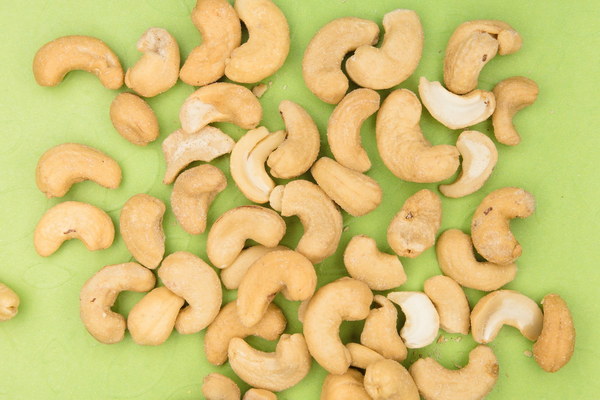
3. Herbs and Supplements: TCM offers various herbal remedies and supplements that can help nurture liver health and alleviate phlegm-dampness. Some commonly used herbs include:
a. Scute (Scutellaria baicalensis): Known for its anti-inflammatory and antimicrobial properties, scute helps to clear heat and dampness from the body.
b. Bupleurum (Bupleurum chinense): Bupleurum is used to treat liver Qi stagnation and dampness accumulation, helping to improve liver function.
c. Poria (Poria cocos): Poria is a potent herb that helps to drain dampness, alleviate bloating, and improve digestion.
4. Acupuncture and Massage: Acupuncture and massage therapy can help to balance the body's energy and alleviate symptoms of phlegm-dampness. These treatments can enhance liver function and improve overall health.
Conclusion
Nurturing liver health is essential for maintaining a balanced body and preventing the formation of phlegm-dampness. By adopting a holistic approach that includes diet, lifestyle, herbs, and alternative therapies, individuals can effectively protect their liver and promote overall well-being. It is always advisable to consult a qualified TCM practitioner for personalized advice and treatment.



